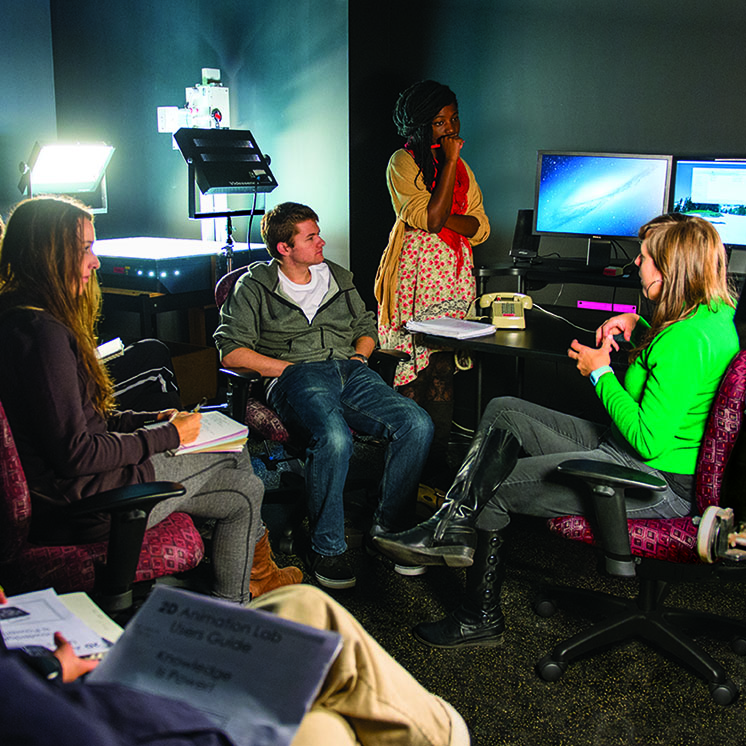Time Past: Earth Processes and Human History
REVISED
Fall 2015 and Winter 2016 quarters
Taught by


Our understanding of the ancient past is based on physical evidence that has survived the destruction of time. Archaeologists and geologists strive to reconstruct the past with an incomplete record of artifacts and evidence from the rock record. Theories are developed, refined, or discarded as new evidence comes to light or analytical tools enable new information to be gleaned. Reinterpretation is an ongoing process and paradigm shifts are common. This program will introduce students to the fundamentals of archaeology and geology, focusing on the deductive process that these disciplines employ and the interpretation of the evidence of past events. Students will learn and apply Geographic Information Systems (GIS) and explore current theories in geology and archaeology. Geologic processes, in particular catastrophic events, have allowed the preservation of artifacts from past cultures, and past cultures have, in some cases, had a profound impact on the earth. Time will be a critical dimension in this program: hundreds, thousands, millions, and even billions of years before the present.
During fall quarter, students will learn the fundamentals of physical geology. In addition, students will learn the methods and practice of archaeology, with a particular focus on the history of the Pacific Northwest region. Data collection and analysis using quantitative methods will be integrated with the theory and Excel will be used as a tool for analyzing and displaying data. Field trips will provide an opportunity to observe geologic features and artifacts. A multi-day field trip around the Olympic Peninsula will take place early in the quarter. Students will be expected to critically analyze texts and academic trajectory and discuss them in seminar.
During winter quarter, the focus will turn to environmental geology, in particular geologic hazards such as earthquakes, volcanism, tsunamis, and debris flows. These geologic processes are only considered hazards when they impact human health, transportation, and property. The focus will be on those events that were catastrophic to past civilizations. In this quarter, the archaeological component will expand globally and include examples from the Mediterranean to the South Pacific. Students will learn to use GIS to display and assess geologic hazard data.
Program Details
Fields of Study
Preparatory for studies or careers in
Location and Schedule
Campus location
Olympia
Schedule
Offered during: Day
Advertised schedule: First winter class meeting : Monday, January 4 at 9am (Sem II E1105)
Books
Online Learning
Required Fees
Revisions
| Date | Revision |
|---|---|
| November 24th, 2015 | This program will accept new winter enrollment with signature. |
| November 19th, 2015 | Winter fee added. |
 my.evergreen.edu
my.evergreen.edu

 Fall
Fall  Winter
Winter